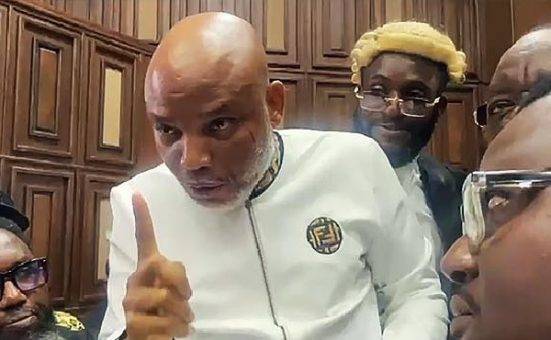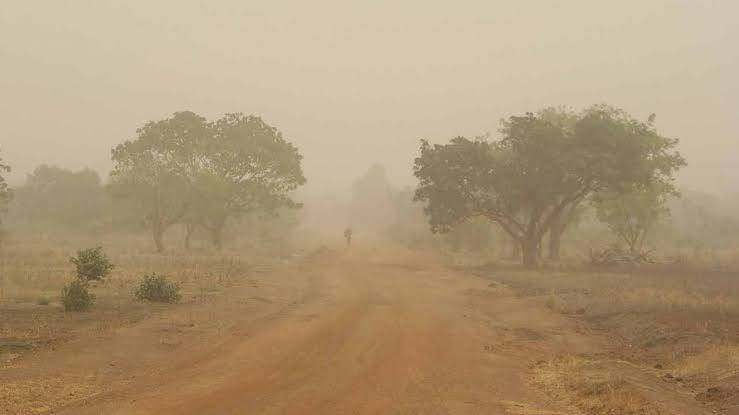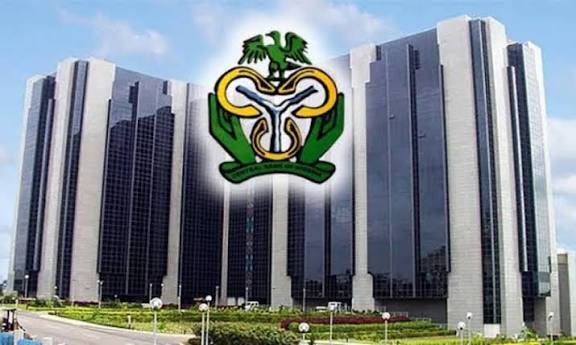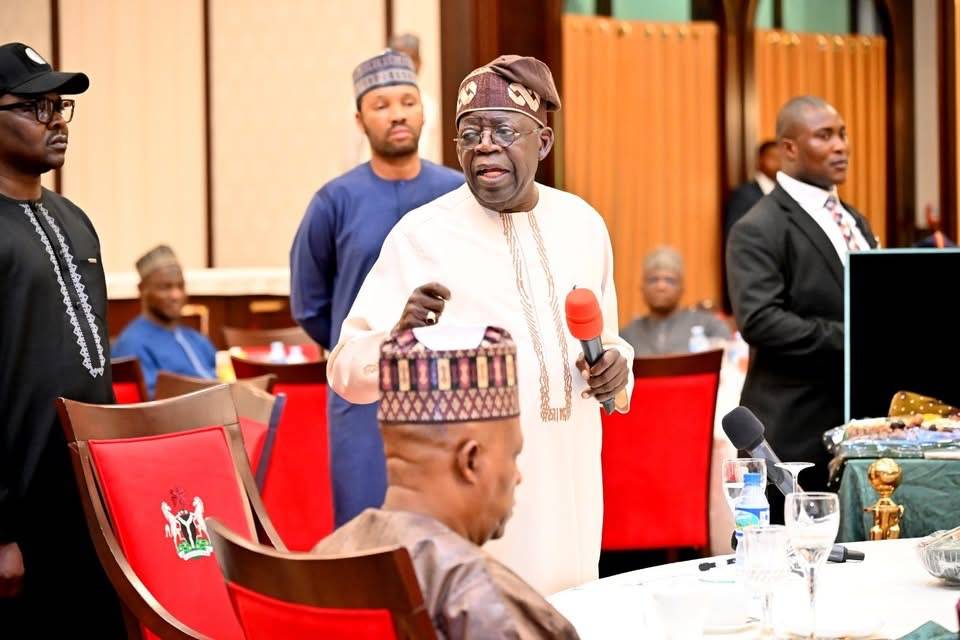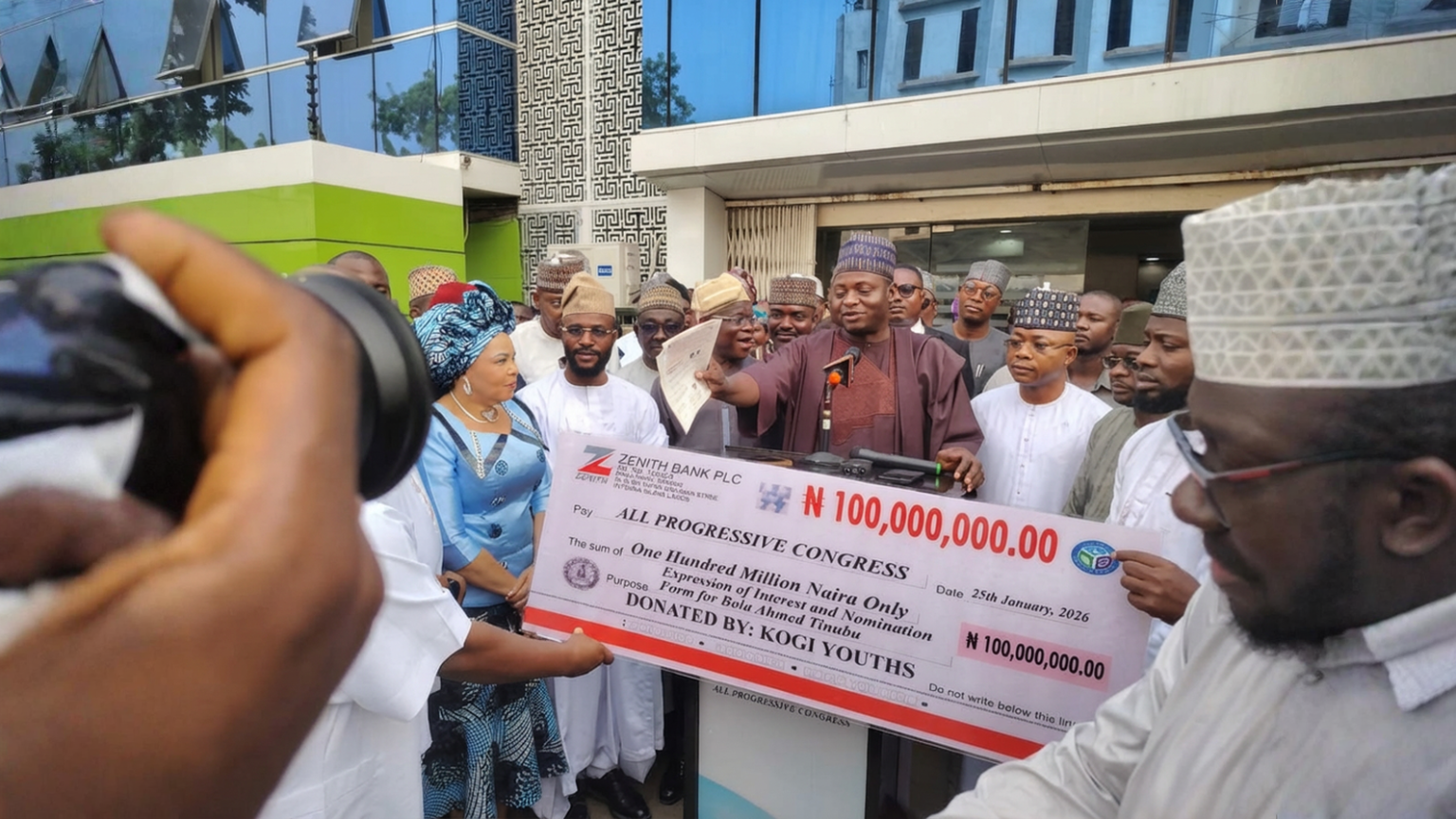It is good that finally, the slow wheels of justice in the country crawled to its destination in Nnamdi Kanu’s case
Unless two things happen, Mazi Nnamdi Kanu, the separatist leader of the Indigenous People of Biafra (IPOB), will spend the rest of his life in prison, following his conviction on terrorism-related charges by the Federal High Court, Abuja, on Thursday, November 20. One, Kanu may be off the hook if President Bola Tinubu decides to exercise his prerogative of mercy powers and, two, if the convict appeals the judgment and finds favour in the eyes of the appellate court.
Justice James Omotosho who delivered the judgment said that prosecutors had proved beyond reasonable doubts that Kanu’s orders and broadcasts incited deadly attacks on security forces and citizens in the southeast. Not only businesses but the entire south east region was usually paralysed whenever Kanu issued sit-at-home orders to the people in the region, banning businesses, schooling and other activities.
Kanu, who was arraigned on a seven-count charge, was convicted on all. The least of the sentence for the offences was imprisonment for five years without an option of fine for count seven, whilst the maximum punishment for terrorism was death penalty. However, Justice Omotosho noted that death sentence was becoming anachronistic; he also considered the allocutus made on Kanu’s behalf to hand him the life sentence despite the prosecutor’s plea that he be handed the stiffest punishment of death by hanging till he be pronounced dead. A fair deal, if you ask me; considering the havoc Kanu and his goons had caused not only to security agencies but also his people who defied his sit-at-home orders in his heyday.
According to Justice Omotosho, “The court finds that the defendant, Nnamdi Kanu, is an international terrorist and must be treated accordingly.” He added that “His intention was quite clear as he believed in violence. These threats of violence were nothing but terrorist acts.”
It is significant that Kanu was cantankerous for the better part of the trial. Indeed, on the day of judgment, this cantankerousness reached a crescendo as he lambasted Justice Omotosho who he said did not know the law. The 58-year-old secessionist leader who had earlier dismissed his legal team and represented himself during the trial, had to be ejected from the court for “unruly” behaviour. “Which law states that you can charge me on an unwritten law? Show me,” Kanu said before he was removed from the court. “Omotosho, where is the law? Any judgment declared in this court is complete rubbish”, he said.
Kanu was first arrested in 2015, and taken into custody in October of the same year, and slammed with multiple charges, including treasonable felony. He was granted bail 18 months later from where he disappeared, or jumped bail, as it were, before he was reportedly arrested in Kenya in controversial circumstances in 2021.
IPOB, like some other Igbo separatist movements sought to revive the short-lived state of Biafra, which seceded from Nigeria in 1967. The secession sparked a three-year civil war that lasted from 1967 to 1970, and which claimed the lives of about three million people. But, after Biafra troops surrendered to the federal troops in 1970, the then General Yakubu Gowon military regime came up with a policy to reintegrate the Eastern Region back into the country under its three ‘Rs’ of Reconciliation, Rehabilitation, and Reconstruction.
Somehow, years after, some people in the eastern region still felt the country was not fair to them and had formed several secessionist movements to protest against what they see as political and economic marginalisation. In the course of doing that, some of them have had to rally indigenes of the region in the diaspora to donate to the agitation for independence, including training militia in the region’s forests.
It is unfortunate that IPOB that was formed in 2012 as a peaceful movement later metamorphosed and launched an armed wing in south-eastern Nigeria in 2020, ostensibly to defend the Igbo ethnic group.
We have had other Igbo separatist groups like the Movement for the Actualization of the Sovereign State of Biafra (MASSOB), which was founded by Ralph Uwazuruike in 1999. But he adopted the principle of nonviolence as propagated by Mahatma Gandhi and Martin Luther King Jr., as the philosophy of the struggle. Naturally, he was detained several times and charged with treason in Nigerian courts.
Of course we also had the Simon Ekpa wing of IPOB that broke away from its parent body and was led by Ekpa, who was only in September jailed for terrorism against Nigeria, in faraway Finland. Between the two factions of IPOB, the geopolitical risk consultancy SBM Intelligence, had claimed that as many as ”700 deaths have been linked to separatist militants since 2021, including a May 2024 incident where five soldiers and six others were killed in an ambush in Abia State. During the conflict, military personnel have also been implicated in multiple cases of human rights abuses.”
Even the court that sentenced Kanu said that the prosecution proved that about 175 security personnel lost their lives; 134 police stations were destroyed and nine offices of the Independent National Electoral Commission (INEC) were burnt on the orders of Kanu in his broadcasts. This was apparently why the court said Kanu should forfeit the transmitter used for his broadcasts to the Federal Government.
These are not all. The court also found Kanu culpable of incitement in the destruction of government properties in Lagos during the EndSARS protest in 2020, as well as that Kanu had called upon his listeners or supporters to attack the British High Commission in Nigeria.
All of these made Justice Omotosho to conclude that ”His action was aimed at causing anarchy, which will in turn lead to the breakdown of law and order. His evil intention was to wreak havoc on the people of Nigeria. Were all these actions for self-determination? The answer is No”, Justice Omotosho concluded.
It is instructive that it is not only the Igbo in the southeastern part of the country that are crying of marginalisation. Several other parts of the country also have one grievance or the other against the Nigerian state, including the south-south region where the country’s golden eggs are being laid. Other parts of the country had also suffered one form of marginalisation or the other at one time or the other.
Even at that, it is not that people cannot agitate for ethnic or whatever freedom. But there are constitutionally laid-down processes for doing this, as Justice Omotosho noted while delivering his judgment. ”Agitations for self-determination can only pass through the constitutional amendment through the National Assembly”, the judge said. But Kanu’s model deviated from this norm to embrace violence, illegal broadcasts, incitement, intimidation, threats and actual commission of crimes, including murder, to promote whatever cause he believed he was promoting.
In actual fact, both Kanu and Ekpa committed virtually the same crime. While Kanu committed his own crime within, Ekpa was throwing violence across the seas to Nigeria from abroad. Ekpa activated the Biafra Government In Exile (BGIE) in 2022, and in 2023 declared himself leader of the government. The Federal Government protested to the Finnish authorities which initially seemed not keen on arresting him (a thing some people initially attributed to his being a Finnish citizen of Nigerian origin). Indeed, at a point, the Nigerian government called for his extradition, so he could come and face justice at home. In March, 2024, the Nigerian Army declared him and 96 others wanted for terrorism, violent extremism and secessionist threats.
He was eventually arrested in Finland, in 2023. Ekpa’s trial which ran from May 30, 2025, to June 25, 2025, consisted of only 12 days of hearings as the verdict which sentenced him to six years in prison was delivered on September 1, 2025.
This was a remarkable difference from that of Kanu that lasted a whole 10 years (2015-2025). Granted that the wheel of justice travels at a snail’s speed in Nigeria, Kanu made his spectacularly so. Apart from jumping bail, he has had cause to use delay tactic to prolong his trial. He had cause to reject at least three justices from sitting on his matter, citing either bias or lack of jurisdiction. Justice Omotosho who eventually decided the case was the fourth judge to sit on it. He too might have been put off by Kanu’s unruly behaviour even in the face of the court, but for his patience. All kinds of excuses that would not be tolerated in courts elsewhere were tolerated in the matter. So, Kanu is the architect of his own fortune as he even at a point fired his entire defence team and decided to defend himself. However, despite its slow pace, and Kanu’s grandstanding, it is gratifying that a court of competent jurisdiction eventually found him guilty and sentenced him accordingly. If Ekpa could be convicted in Finland, why should Kanu’s case be different? This is why it is surprising that some people are wondering why Kanu should be convicted. Why did they not raise eyebrows when Ekpa was convicted? Is it because Kanu was tried in Nigeria?
It would seem to me that Obi Aguocha, a member of the House of Representatives representing the Ikwuano/Umuahia North/Umuahia South Federal Constituency of Abia State, who delivered the allocutus on behalf of Kanu at the court shortly before Justice Omotosho delivered his judgment in the case of the Federal Government of Nigeria vs. Mazi Nnamdi Kanu, loved the accused more than the accused loves himself, given the sober manner he delivered the allocutus. “My lord, I am the direct representative of Mazi Nnamdi Kanu. That is why you see me here almost every time, showing presence and solidarity with him.” Aguocha explained that he and Kanu attended primary and secondary school together, noting that despite being Kanu’s senior, he felt a personal responsibility to speak for him, especially in his capacity as a federal lawmaker.
But Kanu and his co-travellers should have seen what eventually befell him coming. It could not have been otherwise, given the gravity of the charges levelled against him. Neither terrorism nor treasonable felony is a minor crime.
I know Kanu has his admirers as he indeed received royal treatment in his heyday; with some prominent Igbo personalities paying homage to him. The fact of the matter is that the law is the law. It is no respecter of anybody.
It is good we have finally had a closure to the matter, unless Kanu appeals the judgment. If he does and the judgment is reversed, fine. Otherwise, it is President Tinubu we should all look up to for prerogative of mercy. Given Kanu’s recalcitrance, the latter option seems more like it.


